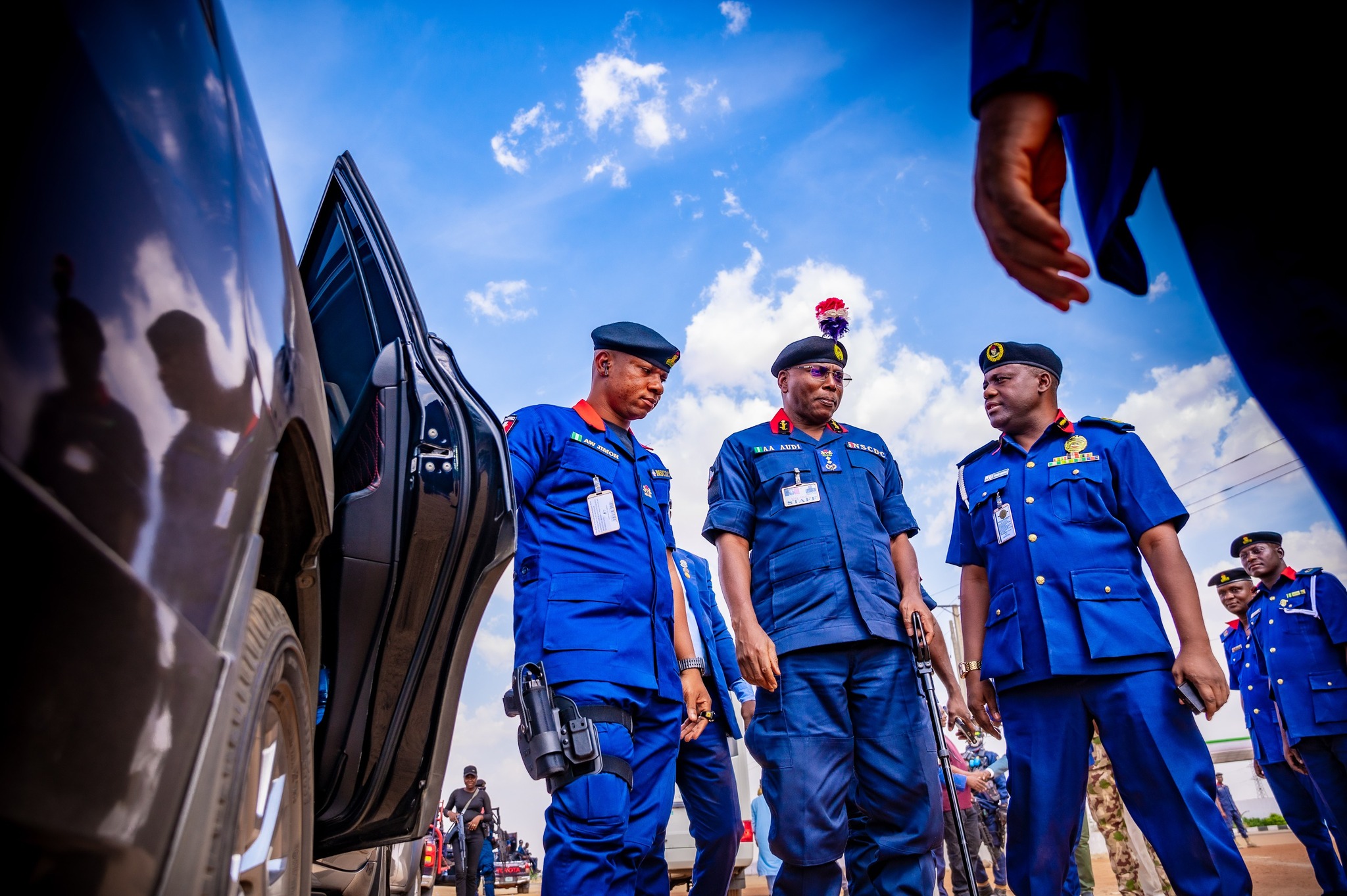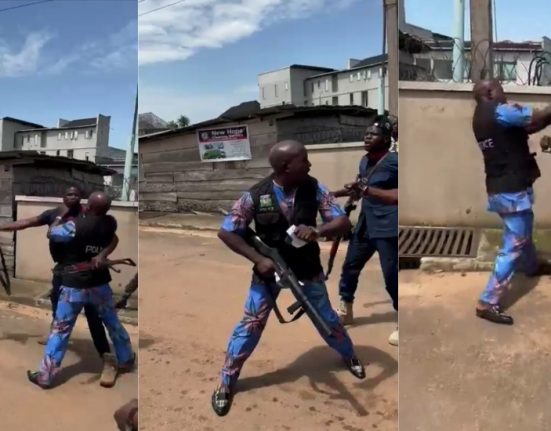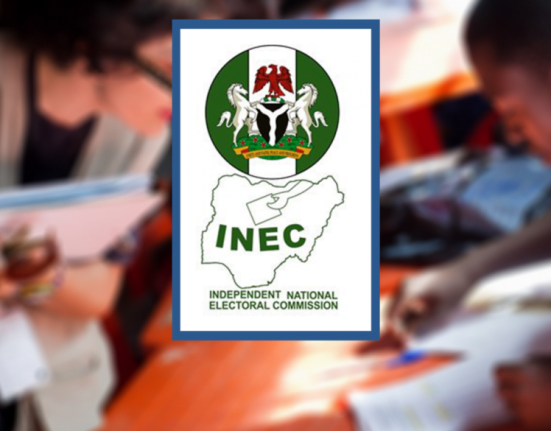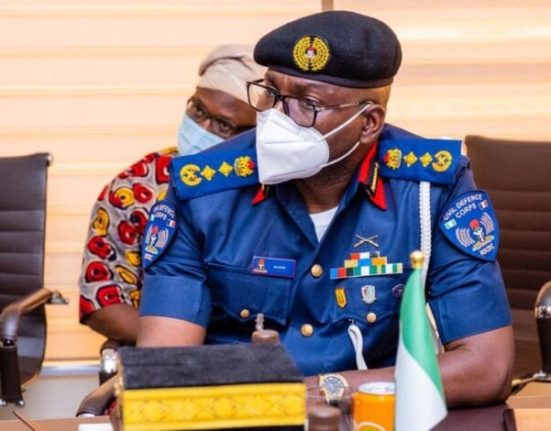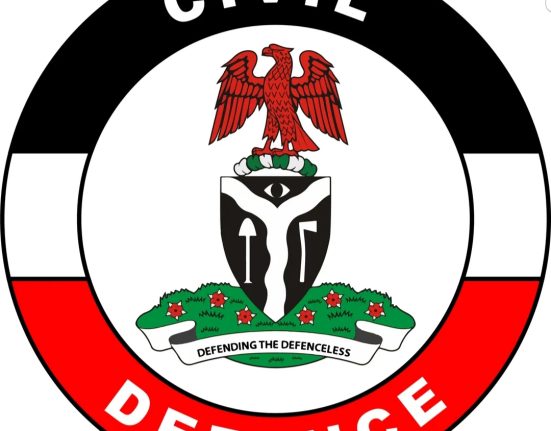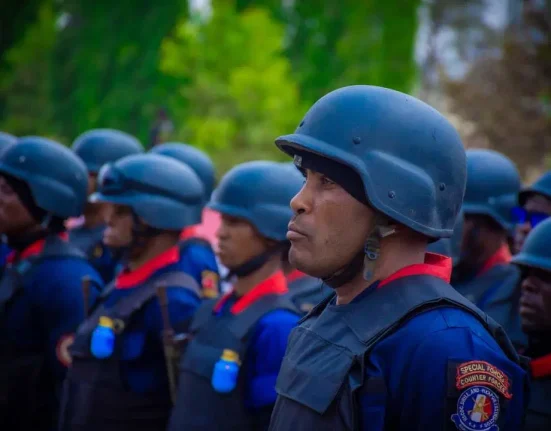As part of a broader effort to strengthen security architecture and reinforce the operational capabilities of the Nigeria Security and Civil Defence Corps (NSCDC) across the country, the Commandant General of the Corps, Dr. Ahmed Abubakar Audi, mni, OFR, arrived in Zamfara State on Monday on a high-level working visit.
The visit is part of his ongoing nationwide operational tour aimed at boosting institutional visibility, fostering synergy among security stakeholders, and assessing the state of NSCDC formations across various commands. Dr. Audi’s presence in Zamfara reflects the Corps’ proactive strategy in addressing emerging security challenges, especially in states grappling with banditry, kidnapping, and other forms of criminal activity.
While in Zamfara, the Commandant General is expected to meet with key security actors, hold strategic briefings with officers and men of the Corps, and inspect operational facilities to ensure alignment with national security objectives. His tour underscores the Corps’ renewed drive under his leadership to reinforce morale, evaluate field readiness, and implement reforms that promote professionalism and efficiency in service delivery.
Dr. Audi, who has earned national recognition for his forward-thinking approach to internal security management, reiterated the NSCDC’s unwavering commitment to safeguarding lives and property through community-focused intelligence, inter-agency collaboration, and capacity building.
Zamfara State, one of the hotspots in the country’s ongoing security discourse, has been at the centre of federal and state-level interventions aimed at restoring peace and order. The Commandant General’s visit is therefore seen as timely and significant in enhancing the morale of security personnel and reasserting the presence of the Corps in troubled regions.
The nationwide tour, according to Corps insiders, is part of a long-term vision to reposition the NSCDC as a frontline player in Nigeria’s internal security framework, with a focus on intelligence gathering, critical infrastructure protection, and civil-military cooperation.

